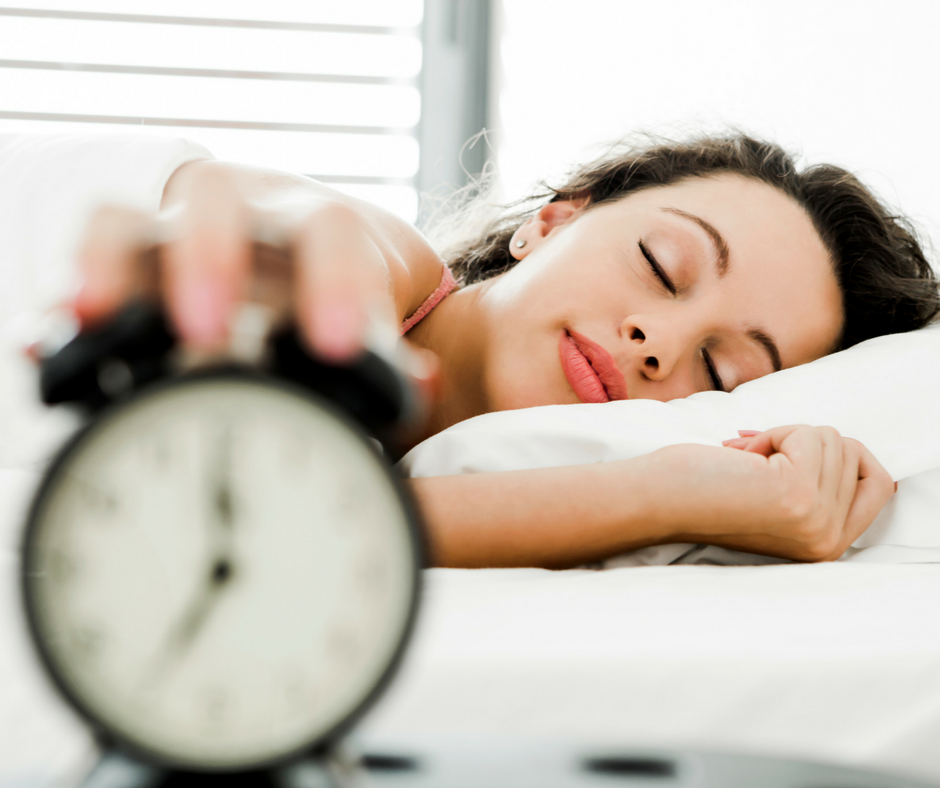Everyone knows that a good night's sleep is critical to mental and physical health. Unfortunately, there’s a lot that can interfere with natural sleep patterns — from work stress and family responsibilities to unexpected challenges, people are now sleeping less than they did in the past, and the sleep quality has also decreased. While you might not be able to control the factors that interfere with your sleep, you can adopt healthy habits that encourage better sleeping patterns. Check out these five simple tips that can improve your sleep quality!
1. Stick to a consistent sleep schedule
The recommended amount of sleep for adults is at least seven hours a night. Try to limit the difference in your sleep schedule on weeknights and weekends, and try to go to bed and wake up at the same time each day. Being consistent in your sleeping pattern will reinforce your body's natural sleep-wake cycle.2. Pay attention to what you eat and drink
Never go to bed on a full or empty stomach. Even more so, avoid eating heavy meals within a few hours of bedtime. Feeling full or bloated may keep you up at night. Of course, caffeine, alcohol, and nicotine should all be limited as well. Nicotine and caffeine's stimulating effects can last for hours and make it difficult to get quality sleep. Even though alcohol tends to make people feel sleepy, it can disrupt your sleep throughout the night.3. Create a restful environment
Cool, dark, and quiet — the perfect combination for sleeping. Light exposure often makes it difficult to fall asleep. And blue light — which electronic devices like smartphones and computers emit in high amounts — messes with your body's ability to prepare for sleep because it blocks melatonin, a hormone that naturally makes you sleepy. Avoid using screens right before bedtime, consider purchasing room-darkening shades, and use earplugs, a fan or white noise machine, to create a relaxing sleeping environment.
4. Include physical activity in your daily routine
Exercising regularly is one of the best ways to improve your sleep and health. In people with severe insomnia, exercise offered more benefits than most drugs. Exercise reduced time to fall asleep, total night wakefulness, and anxiety, while also increasing sleep time.
And although daily exercise is key for a solid night’s sleep, performing it too late in the day may cause issues. Exercising has stimulatory effects, which increase alertness and hormones like adrenaline and epinephrine. Try to get your workouts in during the daylight hours.
5. Manage worries
Try your best to resolve any concerns or stress before going to sleep. Journaling your thoughts is a great way to clear your head and reset before bed. You could also try listening to relaxing music, reading a book, taking a hot bath, meditating, deep breathing, and visualization to help ease any anxieties.
Using these five tips can really make a difference in your quality of sleep, and physical and mental health. At OnSite Wellness, we prioritize health and wellness. Incorporating a wellness program at your workplace can have massive benefits for your employees in managing their health. Contact us to learn more.
-1.png?width=300&name=1127895_OSW%20Tagline%20Logo_081021%20(1)-1.png)


